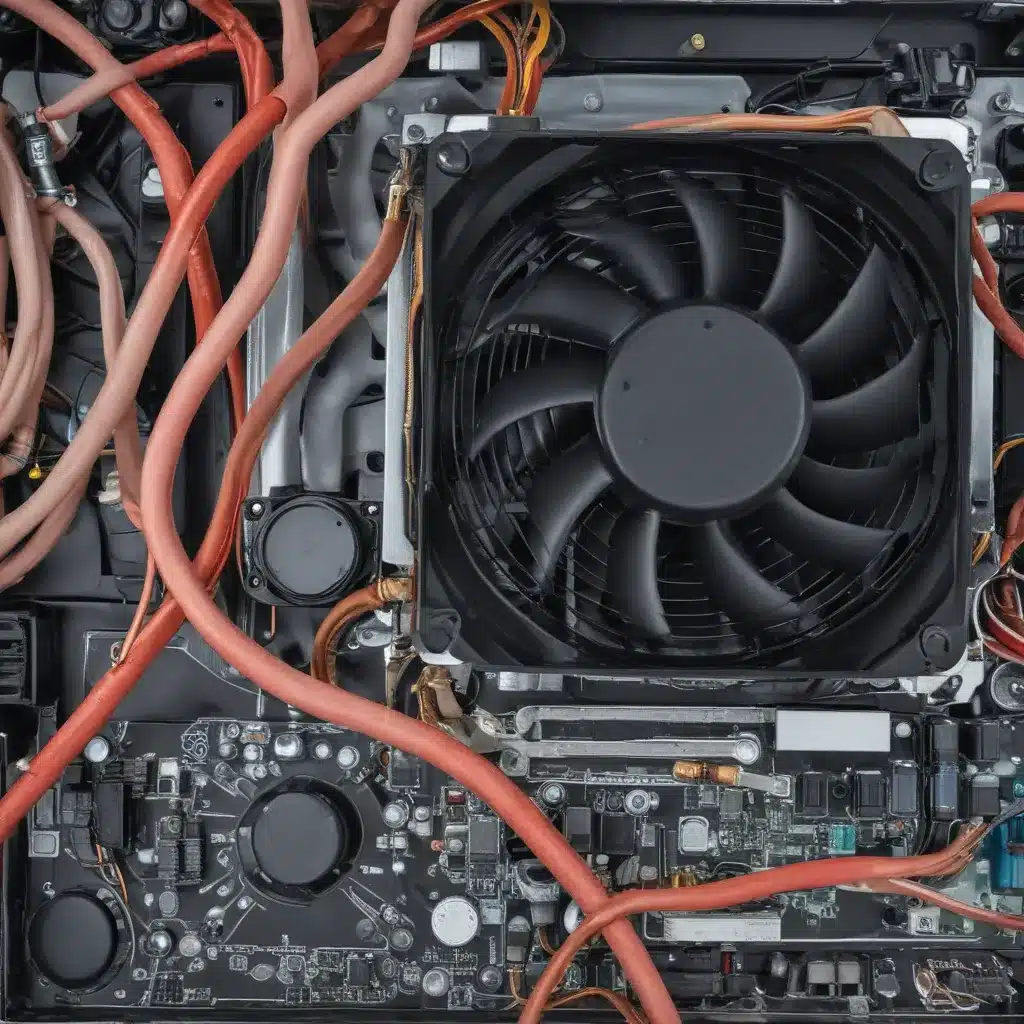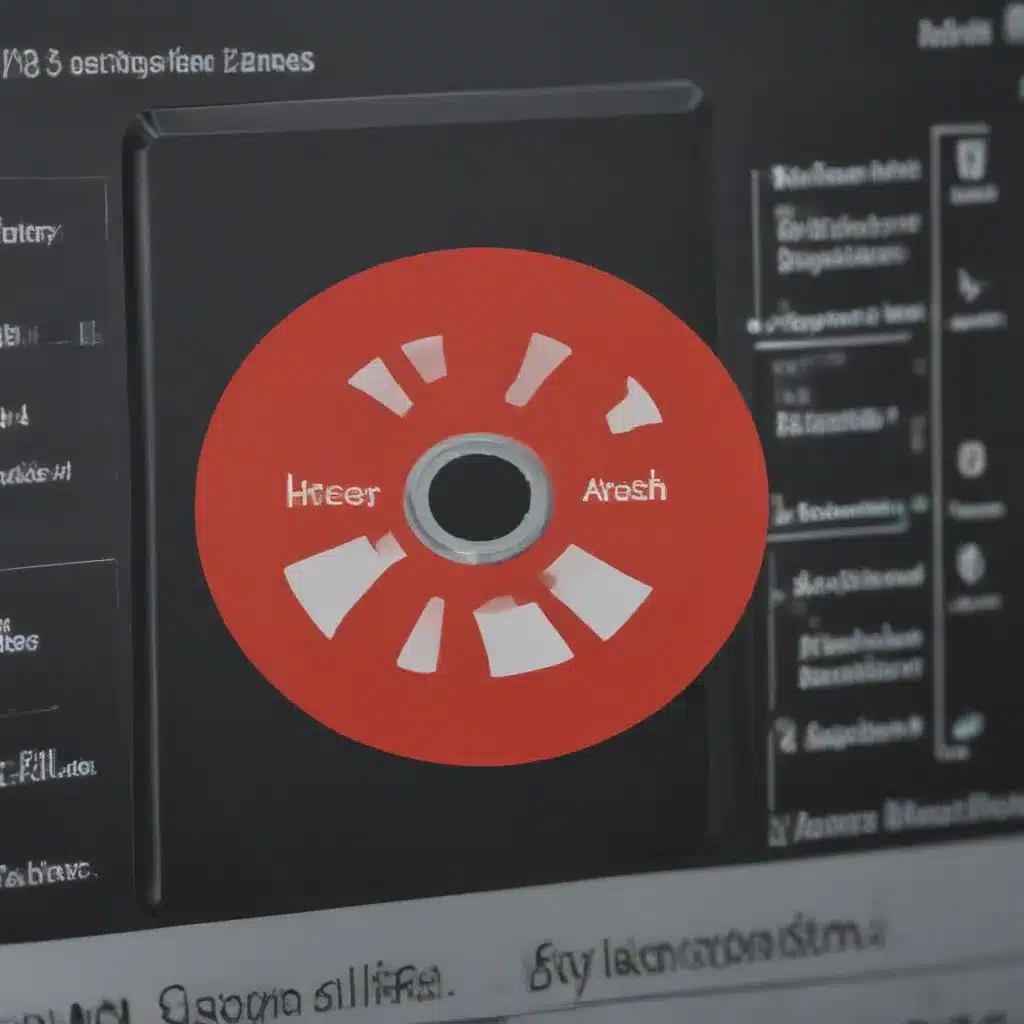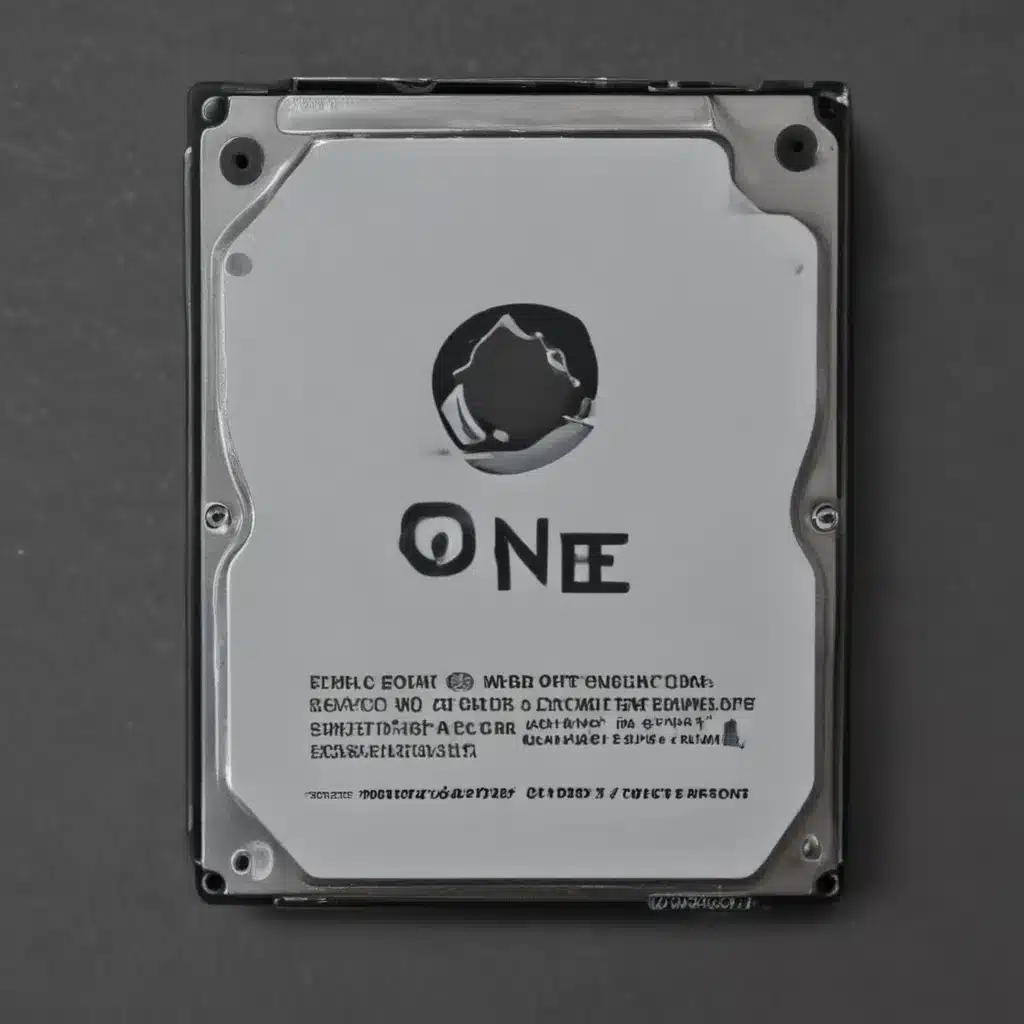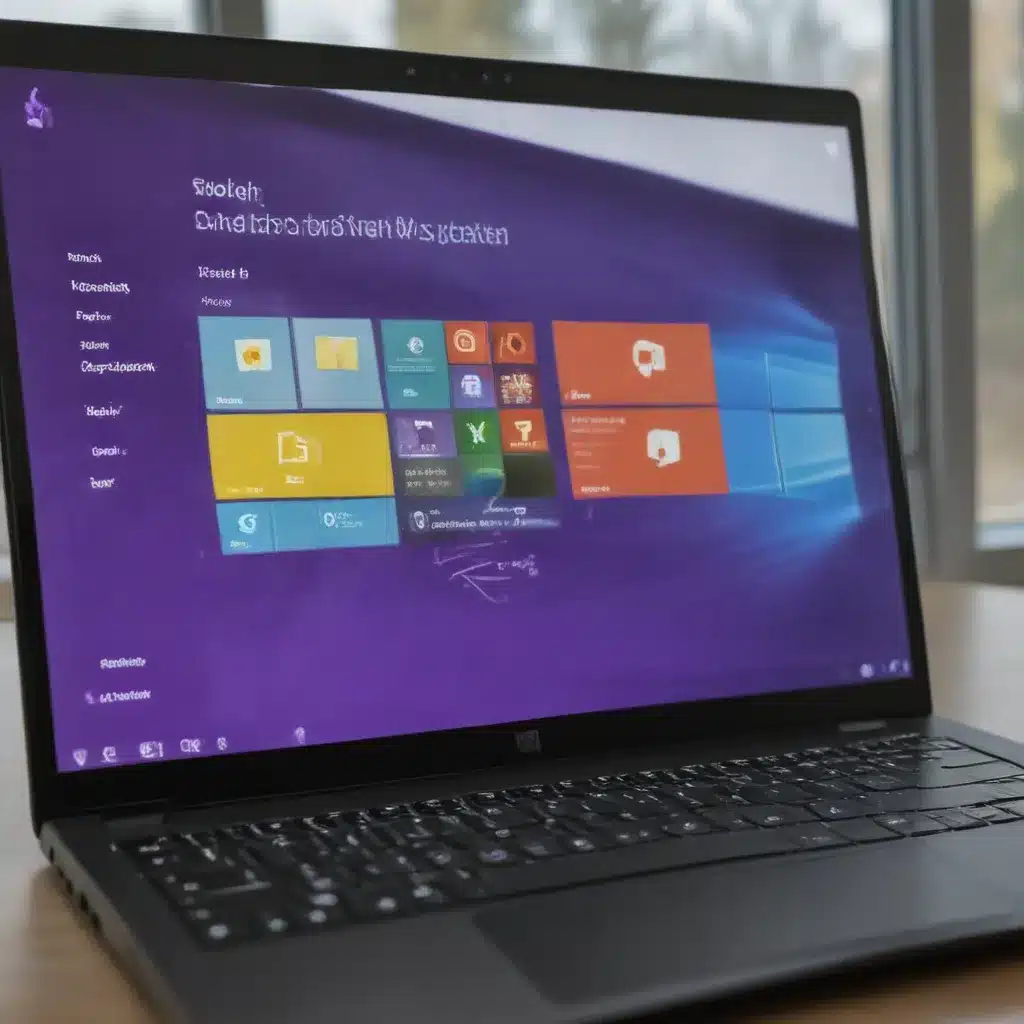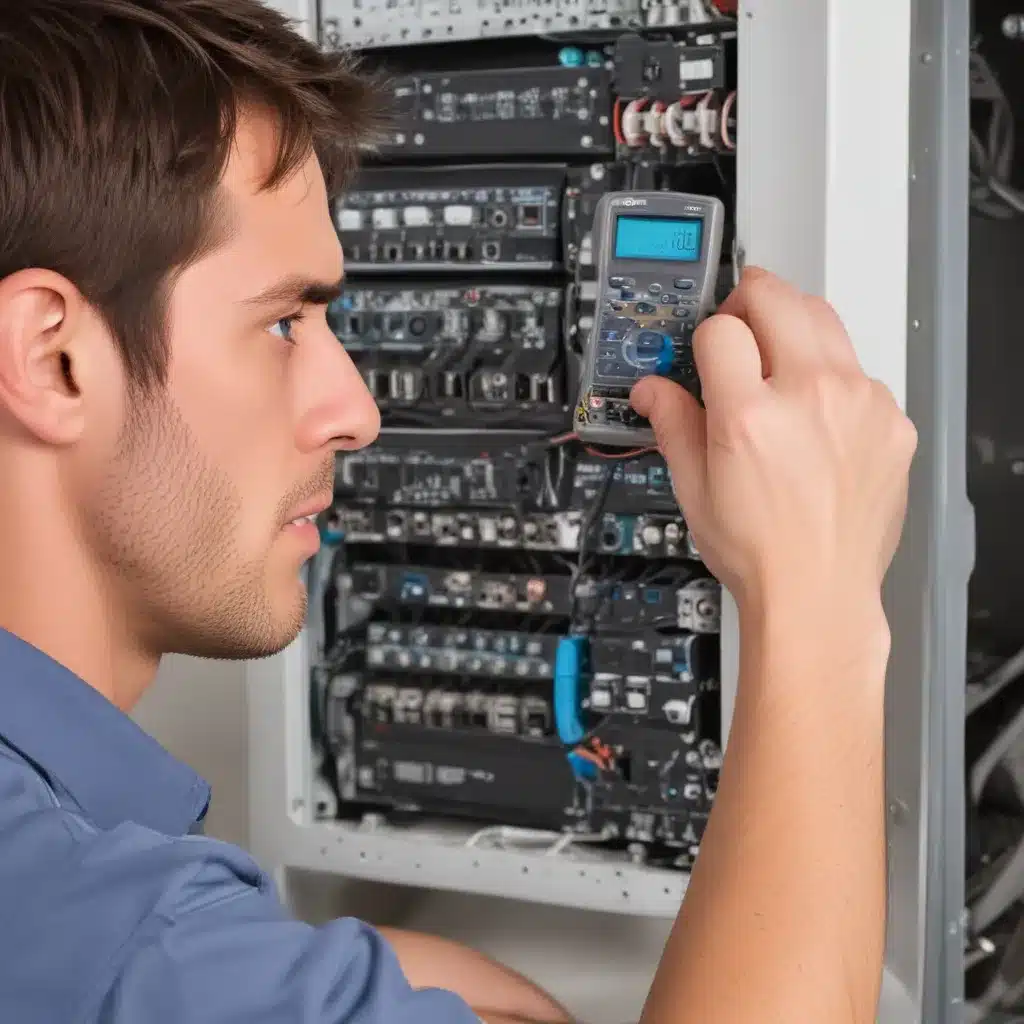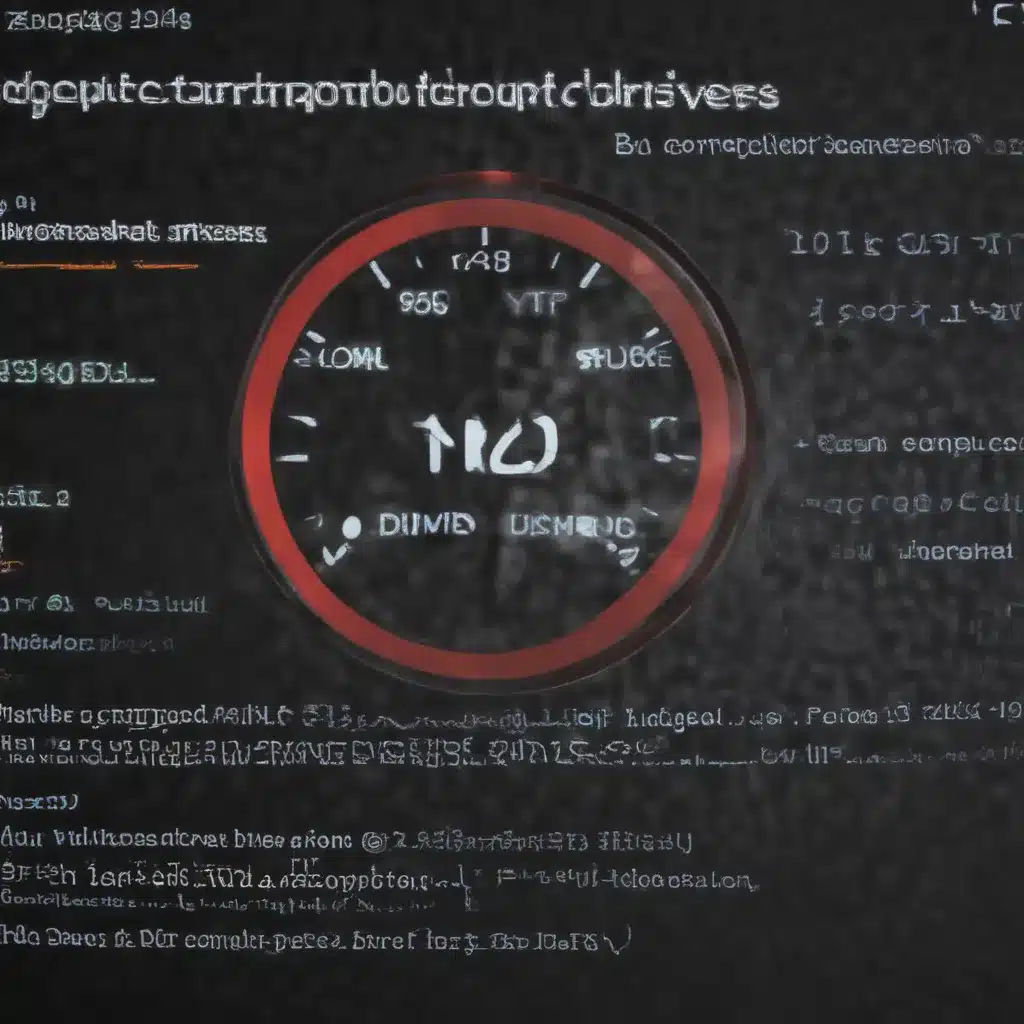Deciding between playing games on a PC or a console can be a difficult choice. As we head into 2024, there are pros and cons to both platforms that are worth considering carefully before making a decision. Here is an in-depth look at the factors to weigh when choosing between PC and console gaming for 2024.
Game Selection
One of the biggest considerations is the types of games available on each platform.
PC Games
- PCs have access to a massive selection of games on platforms like Steam, Epic Games Store, GOG Galaxy, and more.
- Genres like strategy, simulator, indie, and MMORPG are best on PC.
- There are many PC exclusive titles consoles don’t get.
- PC gets early access to a lot of games.
- Older games are easily playable on PC through emulators and re-releases.
Console Games
- Consoles have all the big exclusive franchises like Halo, God of War, Forza, Mario, Zelda, etc.
- Sports games like FIFA, Madden, NBA2K, etc. are focused on consoles.
- JRPGs, fighting games, and platformers are more popular on consoles.
- Consoles get some exclusive early access and bonus content for multiplatform games.
For sheer variety, the PC wins for having the most gaming options. But consoles have many iconic exclusives you can only play there. Choose based on the specific games you want to play.
Hardware Power
The hardware specs determine what games can run and at what graphical settings.
- PCs can be customized with high-end components for top performance.
- New PC parts release frequently allowing for regular upgrades.
- Consoles are fixed hardware that can’t be customized or upgraded during their lifespan.
- A new console generation every 5-7 years brings a major hardware boost.
A custom built high-end PC will outperform even the newest consoles. But consoles offer a more standardized and optimized experience as developers can tune for set hardware. PCs require tweaking settings yourself.
Costs
The upfront and ongoing costs are different for each platform.
- Consoles are the cheaper upfront investment at $300 to $500 for a fixed box.
- PCs require buying individual components which can cost over $1000 for high-end parts.
- However, PC games are generally cheaper than console thanks to frequent sales and free games.
- PC components can be upgraded piece by piece while consoles must be replaced entirely.
- PCs are multipurpose devices suitable for work, content creation, etc beyond just gaming.
Consoles win on budget and simplicity. But PCs offer more value and versatility in the long run if you can afford the initial investment.
Multiplayer and Social Experience
Playing with friends often dictates platform choice.
- Consoles have simpler local splitscreen and couch co-op multiplayer.
- Console online experiences are more standardized and usually have larger player bases.
- PCs allow for advanced mods, custom servers, and options like ultra-widescreen.
- PC stores and communities like Steam offer robust social and multiplayer features.
- Crossplay is increasingly uniting multiplayer between PC and consoles.
For big online games, go with the platform your friends are on. Console offers easier local co-op. But PC provides more customization for advanced multiplayer experiences.
Gameplay Fidelity and Options
Graphics, framerates, settings, and input methods differ.
- PCs can enable higher graphical fidelity and framerates like 4K and 144Hz gaming.
- Advanced rendering options like ray tracing are best on PC.
- PC allows total customization of all graphic settings for optimization.
- PC supports any controller like keyboard/mouse, gamepads, wheels, flight sticks.
- Consoles are limited to TV resolutions like 1080p or 4K at up to 60Hz.
- Consoles games are optimized specifically for controllers.
PCs provide the highest flexibility in settings, performance, and controls. Consoles offer plug-and-play simplicity tailored to your TV and a gamepad.
Game Mods and Customization
PCs allow games to be customized and modified.
- The PC platform encourages mods and custom content creation.
- Mods can enhance games with new quests, items, graphics, mechanics, etc.
- PC games can be edited through config files to enable custom tweaks.
- Console platforms are restricted and do not permit game modding.
PC is the only choice for modding and putting your own stamp on games. Consoles offer only the default vanilla experience.
Platform Ecosystem
The full ecosystem around each platform matters too.
- Consoles have achievement systems, friends lists, and centralized hubs like PSN and Xbox Live.
- PC ecosystems like Steam and Battle.net offer achievements, friends, forums, guides, etc.
- PCs allow access to general software like browsers, music, video, etc.
- Console platforms are designed purely for gaming.
PC provides integration with your general computing activities. Console ecosystems give gaming specific features and social connectivity. Choose based on which wider ecosystem appeals more.
Backwards Compatibility
The ability to play older games matters for some.
- Consoles offer limited backwards compatibility usually one generation back only.
- PC games remain compatible and playable on new hardware and Windows through patches, GOG releases, emulators, etc.
- Console backwards compatibility relies on software emulation or porting by the platform holder.
- PC backwards compatibility is inherent in its open ecosystem and freely available emulators.
PC has generations of past games available. Console backwards compatibility is inconsistent and relies on official support.
Platform Longevity
Consider planned longevity and game preservation.
- Consoles are replaced entirely every 5-7 years when a new generation arrives.
- Existing consoles tend to receive less support over time as users migrate to newer systems.
- PC is an evolving open platform; games, hardware, and operating systems update fluidly over time.
- As long as PC gaming exists, old games and titles will remain playable through emulation.
- Console game preservation relies on platform holders remastering and porting to new systems.
PC offers continuous access to your game library. Console libraries can become stranded on old outdated hardware.
Exclusive Features
Some special features are only available on one platform.
- Console features: splitscreen multiplayer, virtual reality on PS4/PS5, Nintendo exclusives.
- PC features: high framerates, ultra graphics settings, modding, ultra-widescreen support, flight sticks & wheels, VR headsets.
- Features can sway choice for players who care about specific functions.
- Most third party games offer similar standard feature sets across both platforms.
If certain special capabilities are must-haves for you, that can dictate your optimal platform. Otherwise, features are usually comparable.
In Conclusion
- Consoles are simpler, cheaper, seamless gaming devices best for:
- Exclusives
- Local multiplayer
- Big online communities
- Standardized experience
- PCs are customizable, versatile, flexible gaming machines ideal for:
- Top graphics and performance
- Most game choice and variety
- Modding and customizing
- Broad ecosystem
There is no definitively “better” choice; each platform offers different pros and cons. Choose the one that best lines up with your budget, game preferences, feature needs, and friends. Both PC and consoles will be excellent gaming platforms in 2024. Focus on your personal criteria to decide where you want to play.




